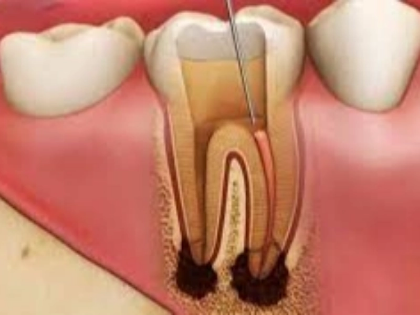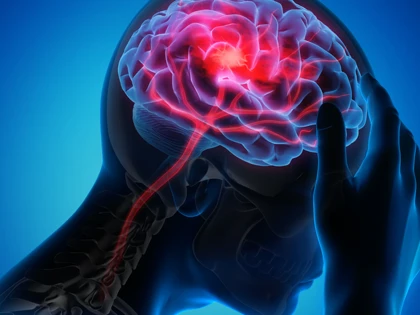Do you feel happy after drinking it? Obviously, there are no definitive answers to these questions. However, there are some helpful tips and information that can help you decide if drinking coffee is right for you.
Caffeine

Advertisement
Some studies have found that caffeine can relax the brain. Caffeine is an alkaloid that can be found in many plants. It is a common additive in foods. Some studies suggest that caffeine can reduce anxiety and help people get along with others. However, most studies have focused on short-term effects on the brain.
Effect on mood

There's a lot of debate about the overall impact of drinking coffee on your mood. However, there are studies that show it has some pretty interesting benefits. For example, one study found a correlation between drinking coffee and increased alertness. Another found that people who drink two or more cups of coffee a day were less likely to suffer from depression. In short, coffee can be a happy drug if taken in moderation.
Effects on Attention

It's probably not surprising to hear that caffeine has some impressive effects on our attention span. Not only does it help you stay focused, but it also improves your cognitive performance. This is especially true when it comes to real-world language processing and detecting errors in discourse. However, caffeine's effects on memory, alertness, and arousal are less specific. Higher doses don't necessarily translate to increased alertness or an improved ability to remember a new set of pictures.
Processing speed

Coffee is considered a safe and effective way to regulate cognitive function. It has been reported to increase focus, boost executive speed, improve memory, and improve vigilance. However, more research is needed to understand the effects of coffee on the dopamine system.
















